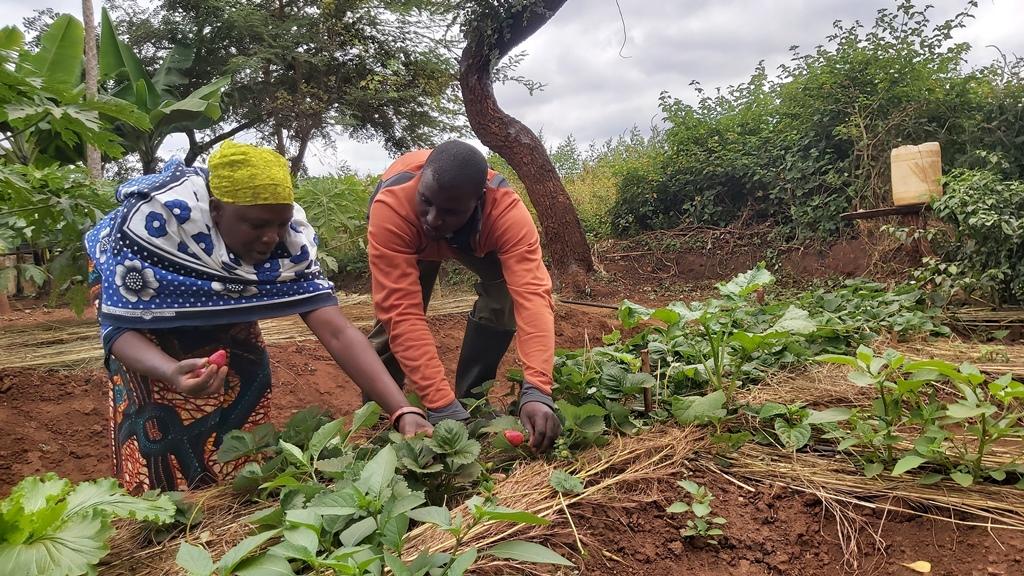Africa-Press – Tanzania. OVER 191 poor households in rural settings in Babati district have improved their income after adopting horticulture farming by using drip irrigation system.
The households have been growing vegetables and fruits for generating income as well as for food consumption, thanks to Climate Smart Economic Empowerment (CSEE) project, which is implemented by the Norwegian Church Aid (NCA) and its partners including religious leaders.
The project aims at improving the lives of Tanzanians living in extreme poverty.
Nizar Seleman, NCA Communication and Advocacy Officer, told the Sunday News yesterday that the project’s focus for the 2020-2024 countrywide is to help 18,000 farmers get out of poverty, support 21,000 farmers with climate smart food production systems and create 3000 new jobs for youth.
The project offers innovative and affordable agribusiness solutions to smallholder farmers in rural areas.
The project deploys agronomists to offer best farming practices to small farmers as well as trade officers to help them find market for their produce.
By using the irrigation system, poor villagers can cultivate in a small land but yield high harvests.
“I did not have knowledge on drip irrigation…this technology has really helped my family to grow vegetables profitably,” Mr Dodo Matambo, one of the beneficiaries, explained.
His farm has been picked as a demonstration field for other villagers to come and learn from it.
Through his farm, several other villages adopted the model of farming and have increased their income through selling the vegetables and fruits.
His wife, Fatuma, who grows hot peppers, also shared her success story, saying she invested only 50,000/- in last October but she could now earn over 300,000/- monthly from selling the hot peppers.
Her first harvest was in January when she got 37 buckets full of peppers and sold them at 10,000/- each.
Among others, she uses the earnings from selling the peppers to contribute to the Improved Community Health Fund (ICHF) so that her family could be covered with health insurance, thus avoiding digging deeper into pocket to pay for the health services.
“The money I get from selling peppers also helps me to buy food stuff and other family needs, thus supporting my husband taking care of the family,” she said.
Another farmer, Ms Natalia Haima living at Ayamango village, Gallapo ward said she has been engaged in the project for the past three months by growing vegetables near her home.
In a just small piece of land, Ms Haima can earn between 21000/- and 30000/- weekly from selling the vegetables.







